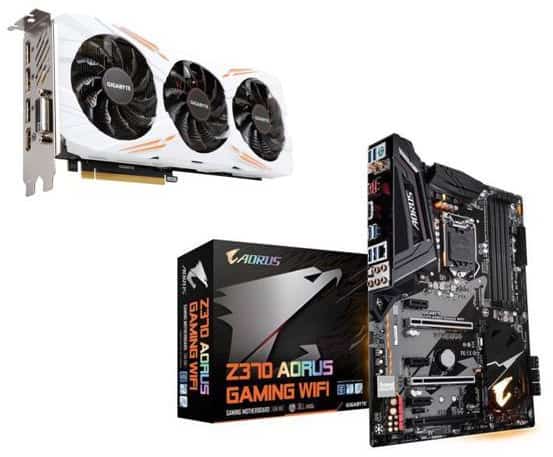
Nvidia is very close to reaching a $1 trillion market cap. But this company might not be too far behind.
Four stocks that trade on U.S. stock exchanges currently have market caps of more than $1 trillion. And all of them have significant artificial intelligence (AI) development efforts.
But another AI leader is knocking at the door. Nvidia‘s market cap came within a hair of reaching $1 trillion in recent weeks and currently stands at close to $980 billion.
It won’t take much to push Nvidia over the 12-figure milestone. And there’s another contender that could follow in its footsteps. Here’s the next AI stock most likely to join the $1 trillion club, besides Nvidia.
Aiming to reclaim its membership
Meta Platforms‘ (META 0.14%) market cap topped $1 trillion in 2021. It didn’t stay at that level for long, though. By the end of 2022, the company formerly known as Facebook had lost nearly 75% of its peak value.
Investors soured on Meta’s focus on the metaverse. More importantly, they became disenchanted by its sinking profits. Some seemed ready to relegate the company to the ash heap of tech history.
But along the way, others began to notice that Meta’s valuation was starting to look really attractive. They rightly pointed out that the company’s social media platforms were still used by close to three billion people across the world every day.
Meta gave investors more to consider by beating earnings estimates for the first time in quite a while with its 2023 first-quarter results. All of this breathed new life into the floundering stock.
The AI fervor ignited by OpenAI’s launch of ChatGPT helped as well. Meta’s share price has skyrocketed close to 150% so far in 2023, bringing its market cap to around $680 billion.
Meta’s path to $1 trillion
How can Meta claw its way back to a market cap of at least $1 trillion? The simple answer is to increase its earnings. The more complicated answer is to convince investors that its future earnings potential is greater than previously thought.
I think Meta will be able to grow its earnings significantly. The digital advertising market should rebound, and the full impact of the company’s restructuring and layoffs hasn’t been felt completely yet. Meta’s AI efforts are dramatically improving monetization on Facebook and Instagram Reels.
AI could also, perhaps, be the best way for Meta to persuade investors about its long-term growth prospects. The company is working on incorporating generative AI chat into Messenger and WhatsApp and is developing AI tools to help create videos for ads and posts on Facebook and Instagram. Meta also hopes to deploy AI agents to help businesses with customer support.
These AI efforts could help Meta achieve its metaverse vision as well. CEO Mark Zuckerberg insists that the company isn’t scaling back its plans for the metaverse. He thinks AI could be used to assist with creating avatars and virtual worlds.
Two potential obstacles
Meta still might not be the next AI stock to join the $1 trillion club, though. Two potential obstacles stand out, in my view.
First, Tesla (TSLA 4.06%) could join the club before Meta does. The electric vehicle maker is viewed by some, especially Ark Invest CEO Cathie Wood, as one of the top AI stocks on the market. Tesla’s market cap of around $780 billion is also closer to the $1 trillion mark than Meta’s.
However, Wall Street appears to be siding more with Team Meta than Team Tesla. I suspect valuation is an important factor. Meta’s price-to-earnings-to-growth (PEG) ratio is 0.91 compared to Tesla’s PEG multiple of nearly 2.5.
Second, Meta could be outplayed by current $1 trillion club leader Apple (AAPL 0.22%). If Apple’s Vision Pro mixed-reality headset is where investors believe technology is headed, they could lose interest in Meta’s augmented reality (AR) and virtual reality (VR) dreams.
Zuckerberg wasn’t overly impressed with Vision Pro. He reportedly told Meta employees that Apple’s headset “could be the vision of the future of computing, but like, it’s not the one that I want.” However, what Zuckerberg wants just might not be what he gets.
Still, Apple’s hefty price tag for its mixed-reality headset could limit adoption. And even if it doesn’t, the competition could ultimately help Meta by boosting consumers’ interests in AR and VR.
























